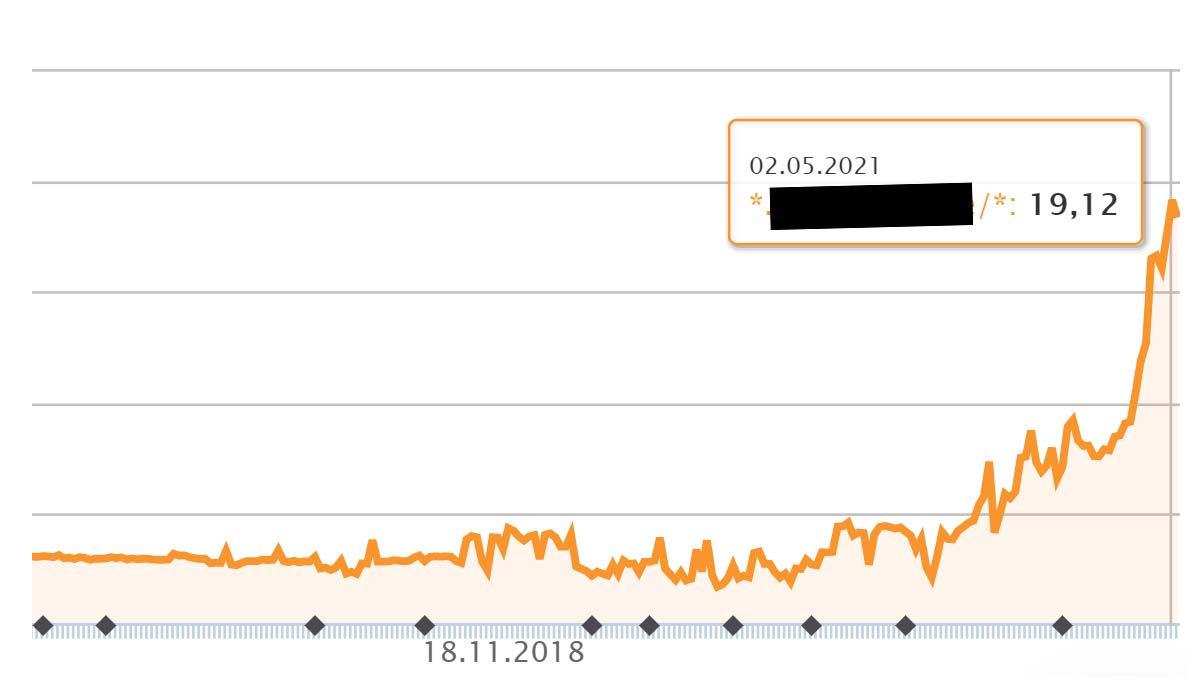Algorithm simply explained – Synonym and in everyday life
An algorithm is a certain systematics that gives us fast results. According to Wikipedia, a algorithm is “an unambiguous rule of action for solving a problem or class of problems”.
Algorithms in daily life
Especially well known, the word algorithm has been in recent years and months through the context “Facebook”. The “Facebook Algorithm” uses a complex example to explain quite simply how such a software solution works. By entering our data into our social media account, whether public or not, we permanently feed the platforms with information about us. Whether it is demographic data such as our age or interests and hobbies. Of course we also transfer our geodata, e.g. when we mark our holiday resorts or where we are eating. Keyword: Big Data.
How does such a change practically affect the rankings of a website? Read more here in Best Practice, how SEO rankings change in 4 days: Google algorithm example.
Algorithm synonym
An algorithm can also be described as a synonym for scheme or planarity.
Each algorithm becomes faster
Algorithms therefore play an ever greater and increasing role in our world. As the processor speed increases, the algorithms used by social platforms and other online providers become faster and better. The more data can be evaluated by such algorithms, the more analyses and results can be generated. The more information you have about certain social groups, but also about certain people, the more precisely you can apply. But not only advertising plays an important role, also the general psychological evaluation of a certain target group and the information tailored to it. If you are a user or fan and are interested in a topic anyway, why should we offer you other information that you may not be interested in? This also results in a socio-political discrepancy, which is why the Facebook algorithm also ensures that there are negative headlines. For example, when it comes to influencing election results, through targeted advertising but also through social media bots by third parties.
In summary: Learning algorithms
- Algorithms are particularly common in Facebook context
- Facebook as an example: by entering our data on Facebook we permanently feed the platform with information about us
- The algorithm considers demographic data such as our age or our geodata when you mark your holiday destination
- The more data can be evaluated by algorithms, the more results can be generated from it
- Algorithms play an important role especially in advertising, as well as for the general psychological assessment of a certain target group
- Algorithms were responsible for negative headlines, especially when it came to influencing election results – through targeted advertising but also through social media bots by third parties












